The Mobile Units Project (PRUMO) is a support service designed mainly to offer small enterprises on-site evaluations of their production process, work with the businessperson to identify the main technological problems, and put into practice an array of adjustments and modifications to obtain immediate results. This service focuses on aspects such as product quality, increased productivity, and reductions in cost, scrap and waste, seeking to improve the competitiveness of these companies.
PRUMO’s staff uses Mobile Units, vehicles equipped with portable laboratory equipment specialized for each industry and operated by an engineer and an IPT technician. A series of tests and analyses of raw materials are performed and deficiencies in equipment, processes and tooling, or shortcomings in personnel training are detected. Based on the diagnosis, necessary changes are suggested and feasible solutions implemented, with immediate confirmation of the results. The service is conducted on the company’s premises for a period of up to two days.
Whenever possible, technological support for micro and small enterprises is covered by non-refundable grants of 80%, while the company covers 20% of the total value with its own funds.
PRUMO Leather and Footwear analyzes the following items:
Leathers
After problems are detected, solutions are proposed on several levels, which include:
PRUMO’s staff uses Mobile Units, vehicles equipped with portable laboratory equipment specialized for each industry and operated by an engineer and an IPT technician. A series of tests and analyses of raw materials are performed and deficiencies in equipment, processes and tooling, or shortcomings in personnel training are detected. Based on the diagnosis, necessary changes are suggested and feasible solutions implemented, with immediate confirmation of the results. The service is conducted on the company’s premises for a period of up to two days.
Whenever possible, technological support for micro and small enterprises is covered by non-refundable grants of 80%, while the company covers 20% of the total value with its own funds.
PRUMO Leather and Footwear analyzes the following items:
Leathers
- Thickness
- Apparent specific mass
- Progressive tear strength
- Tensile strength and elongation
- Rupture and distension of lengthwise folds
- Behavior in water
- Resistance to continuous folding
- Friction and heat resistance of color and finish
- Toe and heel bond strength
- Sole pull off strength
- Separation strength of multiple layer soles
- Strength of join between upper and sole and between sole layers
- Mass thickness per unit of area
- Resistance to continuous tear
- Tensile elongation at break
- Finish friction resistance to fabric
- Plastic layer adhesion to substrate
- Linear measures
- Thickness
- Density (dimensional and hydrostatic methods)
- Toughness
- Resistance to continuous bending
- Abrasion strength
After problems are detected, solutions are proposed on several levels, which include:
- Better specifications for the materials used
- Pressure and time adjustments in presses
- Better use of space and equipment
- Dust-free production environment with proper conditions of humidity and temperature
- Incorporation of tools for ongoing verification and control of quality
- Optimization of resources to increment productivity and reduce turnover time
- General improvements in the company’s fabrication and administration process

